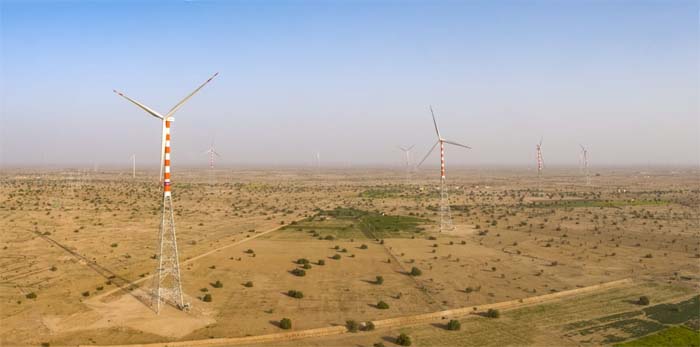- Overall, we take varying degrees of comfort, and believe that key to watch among the bond-issuing entities are mainly Adani Green, which has a decent-size loan (USD 1.1 billion) due in March 2025: US investment banker
NE BUSINESS BUREAU
NEW DELHI, DEC 6
US investment banker JP Morgan has given an ‘Overweight’ (OW) rating on four bonds of the Adani Group, including three issued by Adani Ports and Special Economic Zone (APSEZ) and one by Adani Electricity Mumbai Limited (AEML), a subsidiary of Adani Energy Solutions.
“The ability to scale and grow using internal cash flows in the case of Adani Ports gives us strong comfort on the intrinsic equity value of such a business, which in turn reduces the scope for credit stress” says JP Morgan report.
It has taken neutral stand on other five Adani bonds and is underweight on one bond issued by Adani Green Energy Ltd.
JP Morgan gives three kinds of ratings for bonds – ‘Overweight’ rating which falls into a buy rating category; Neutral rating which falls into a hold rating category; and ‘Underweight’ which rating falls into a sell rating category.
Under the risks section, it said that Adani bonds could do well than anticipated if there is a quick resolution of the US SEC and Department of Justice indictments of founder chairman Gautam Adani and key aides on bribery charges, successful refinancing of the upcoming bonds and credit facilities; and improved operating performance.
Adani group has denied as baseless the charges brought against it by the US authorities.
After initial volatility, “spreads of the group’s bonds, (since action by US authorities), seem to have settled, widening by about 100-200 basis points, with short tenor seeing more spread widening due to higher dollar prices,” JP Morgan said.
Stating that it has tabulated a few near-term maturities for offshore debt at various Adani group companies, including Adani Ports, Adani Green, Adani Airport Holdings (100 per cent owned by Adani Enterprises), Ambuja Cement bidco (business and industrial development corporations) entities and Adani Energy Solutions, it said, “Overall, we take varying degrees of comfort, and believe that key to watch among the bond-issuing entities are mainly Adani Green, which has a decent-size loan (USD 1.1 billion) due in March 2025.”
It said the bonds may not be backed by any security, but are backed by solid cashflows.
“Our preference is for cashflows over security,” said Love Sharma of JP Morgan in the report.
“Even in the case of some secured bonds, decent distribution is allowed under covenants and, hence, cash cannot be treated entirely as trapped. The ability to scale and grow using internal cash flows in the case of Adani Ports gives us strong comfort on the intrinsic equity value of such a business, which in turn reduces the scope for credit stress,” the report said.
Key upside risks to its Neutral rating are “if there is a quick resolution of the SEC/DoJ charges; successful refinancing of the upcoming bonds and credit facilities; and improved operating performance,” the report said.
Key downside risks to its ‘overweight’ and ‘neutral’ ratings are an adverse outcome from the SEC/DoJ indictment and jury trial; any related-party transactions within the group and promoter entities; and debt-funded M&A or capex-led growth leading to weaker credit metrics, it added.












